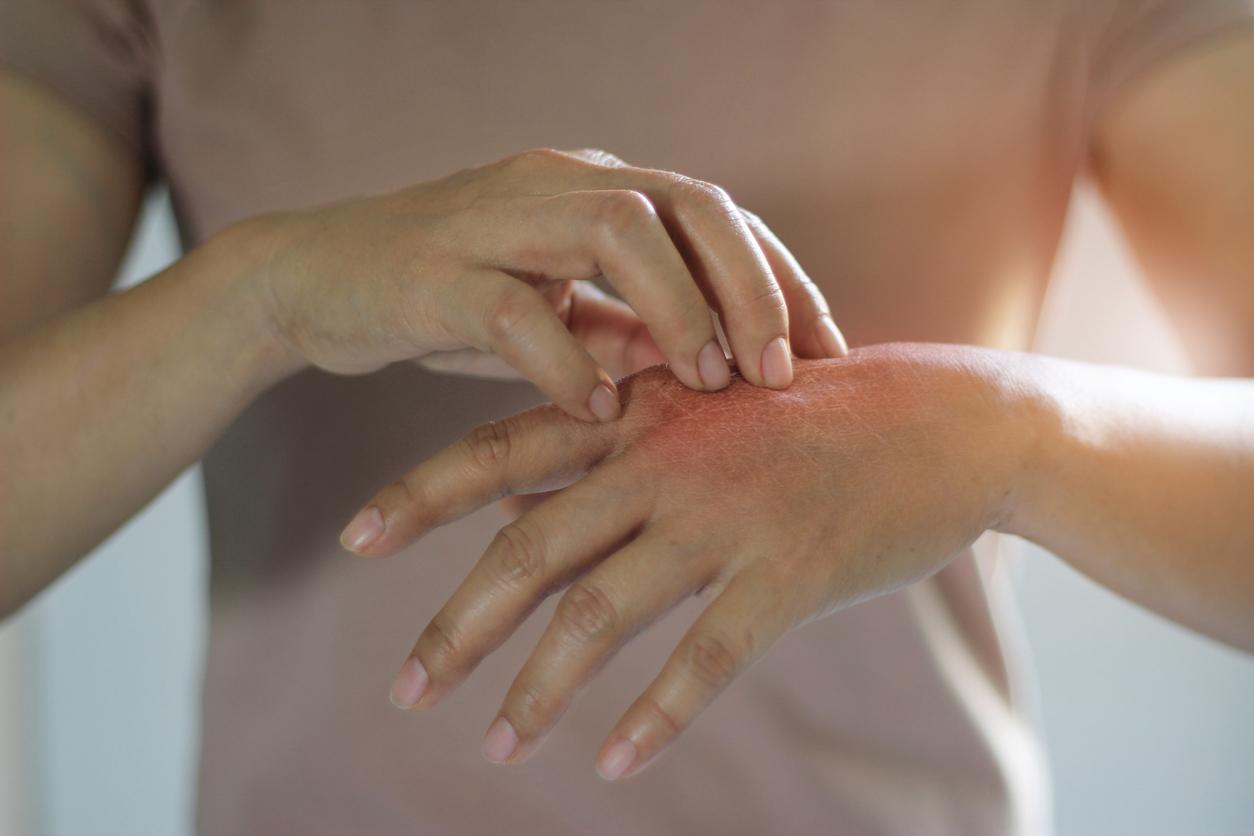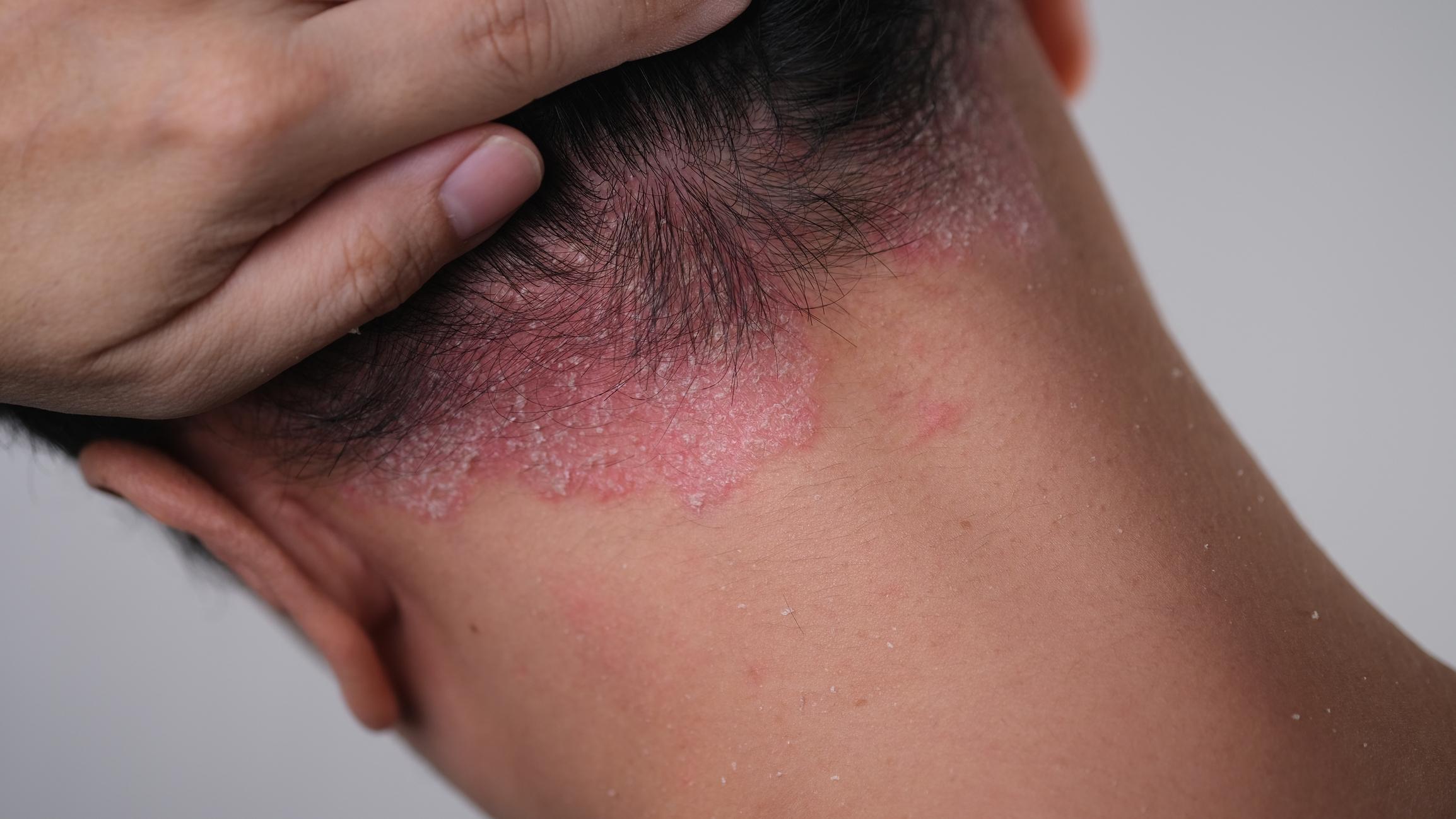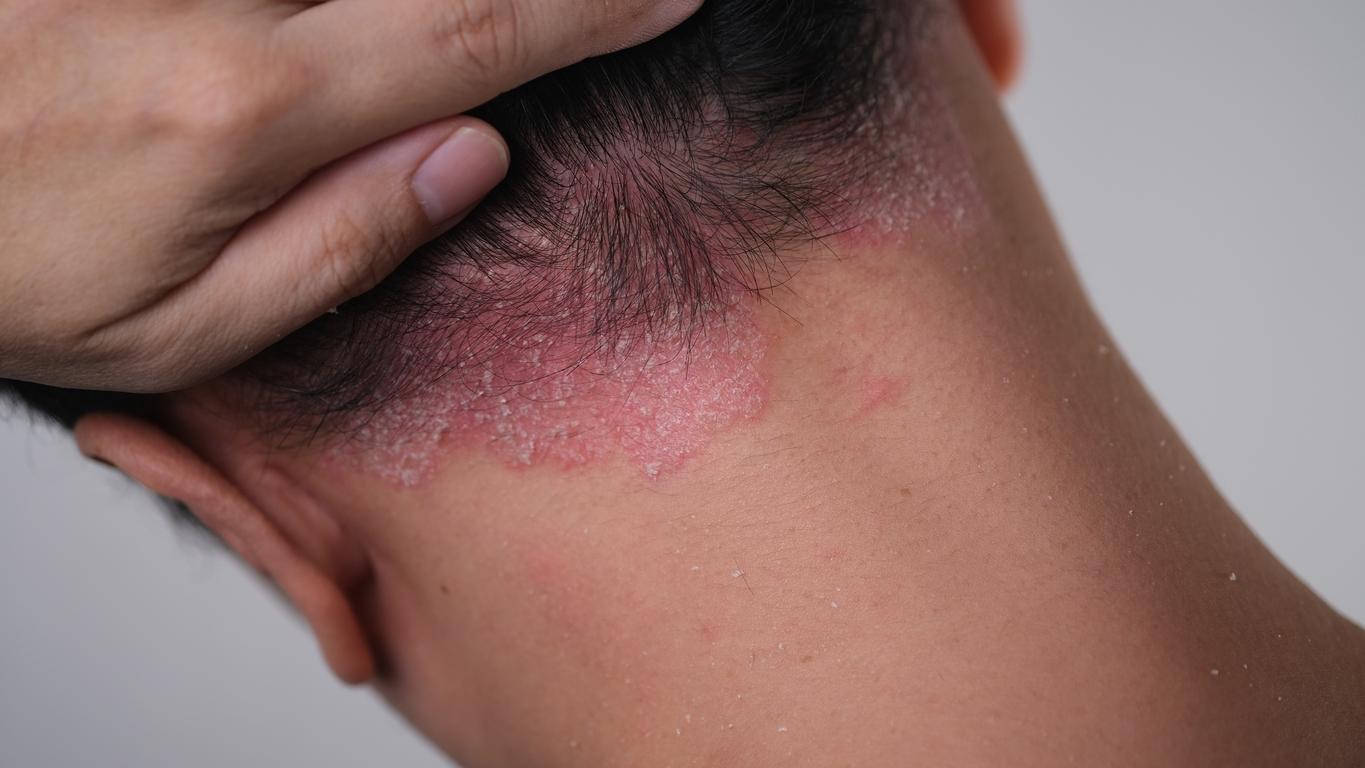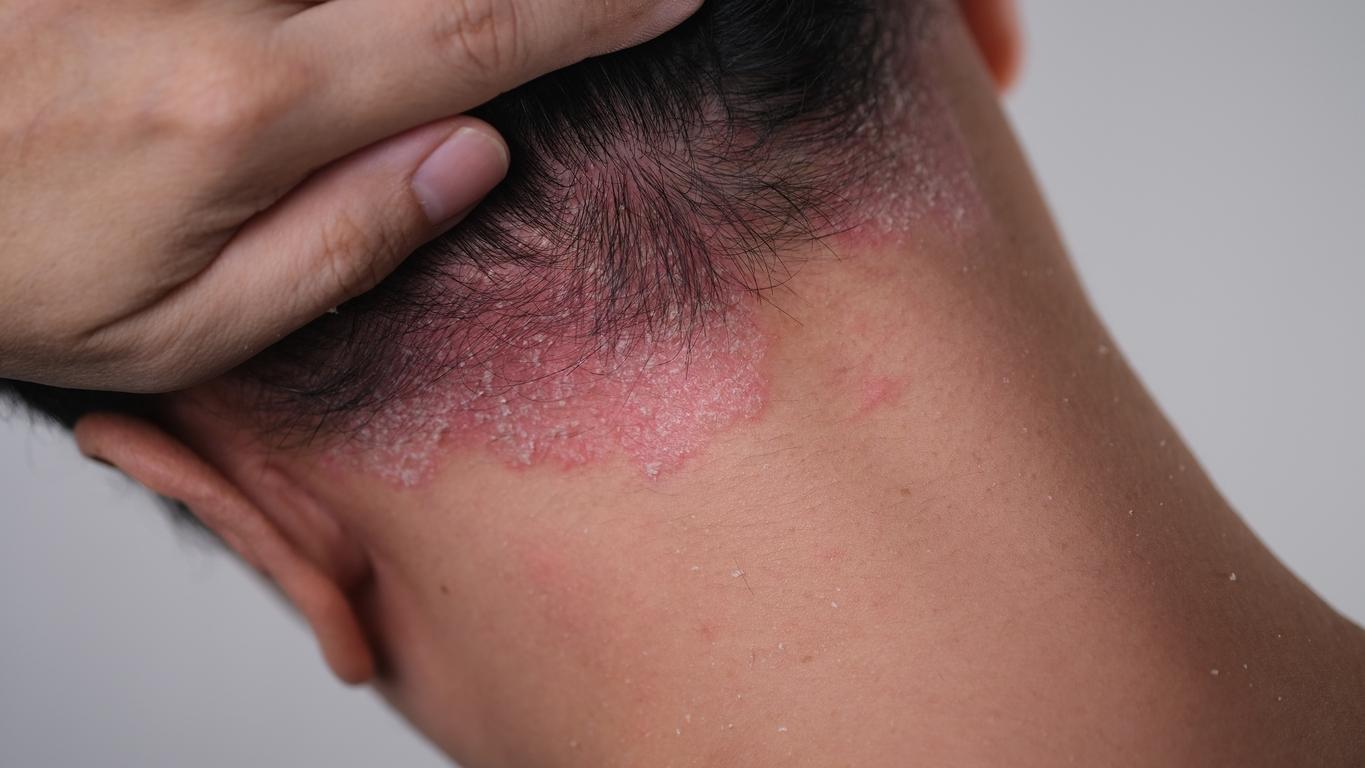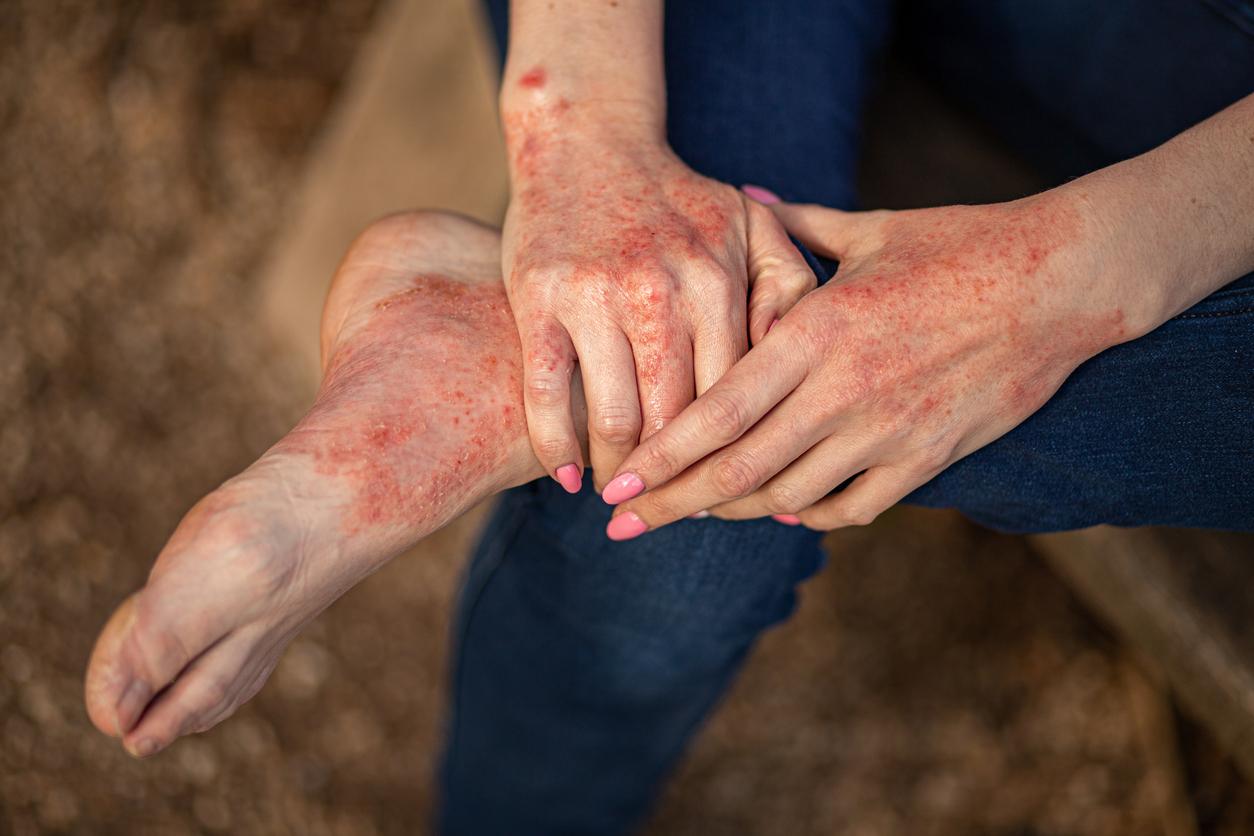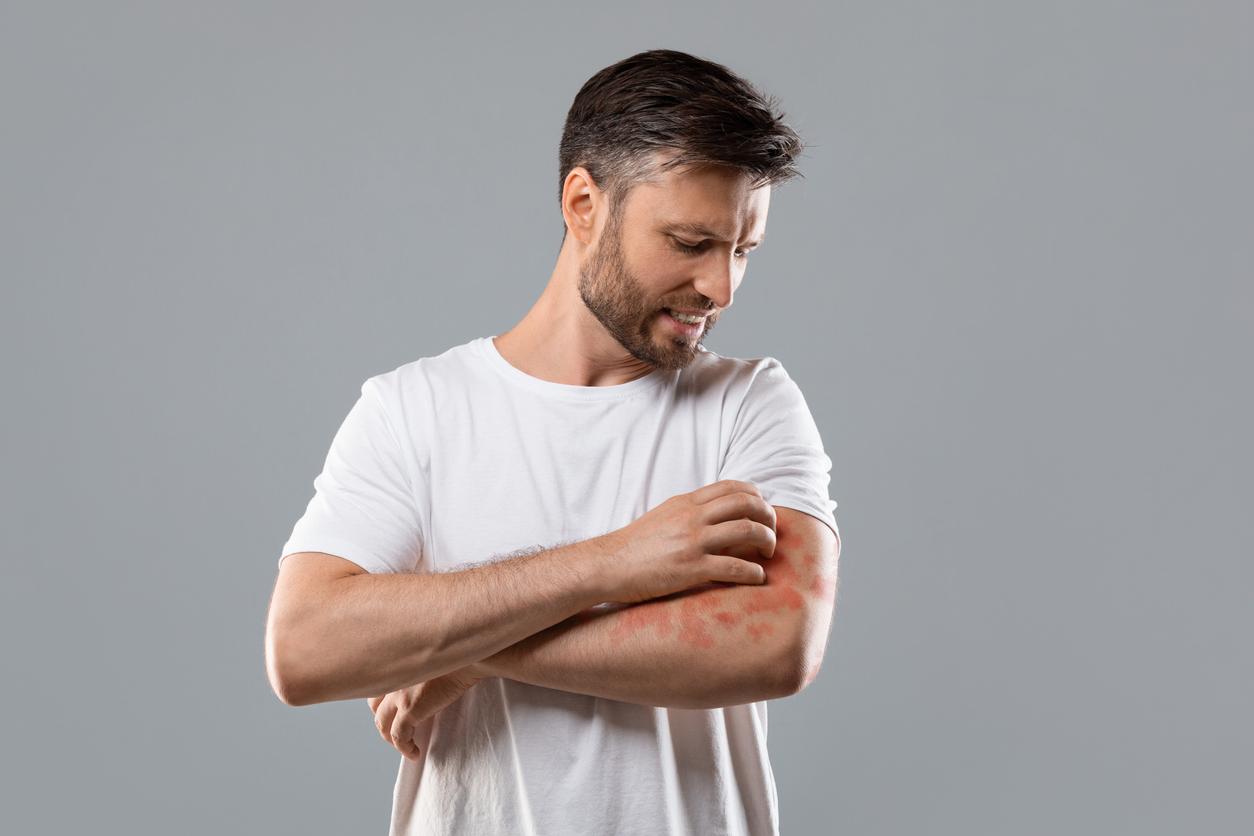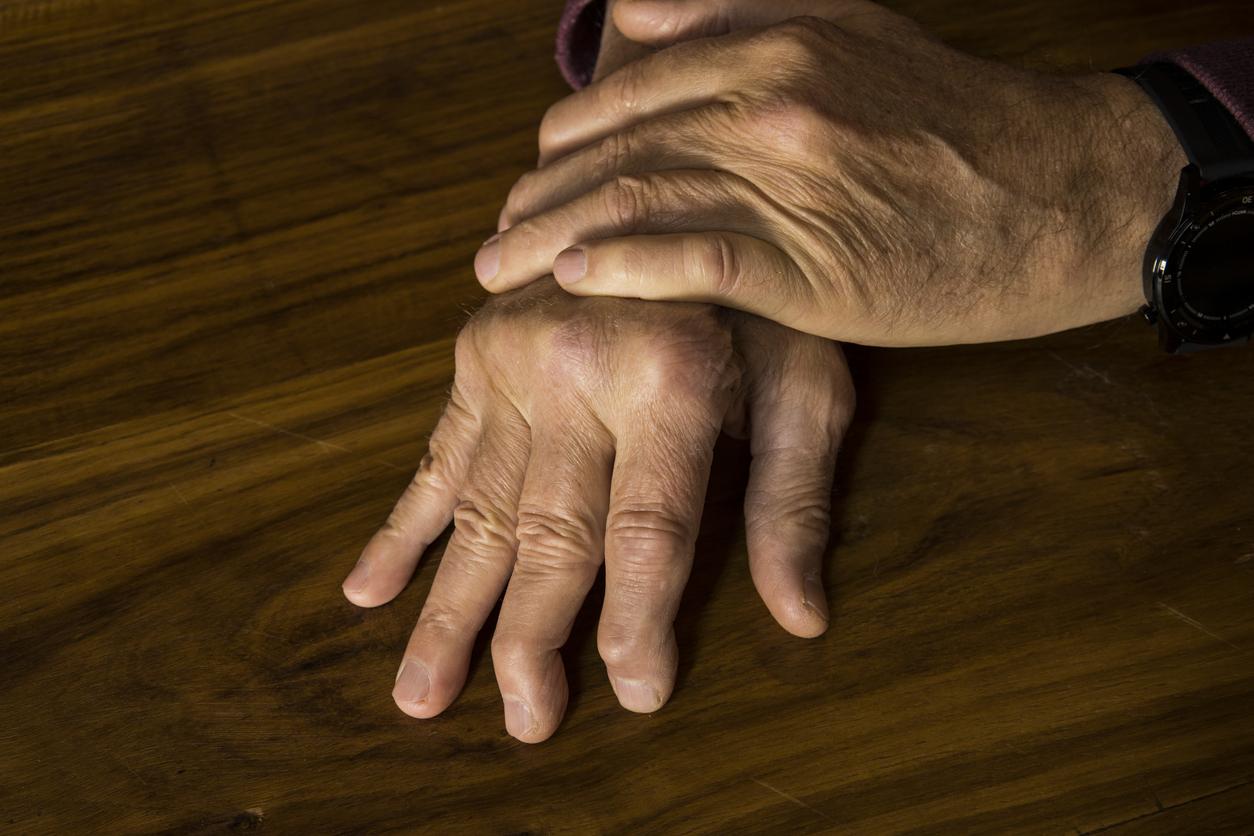A survey by France Psoriasis reveals that preconceived ideas persist about this skin disease. Many French people still think, wrongly, that it is contagious.
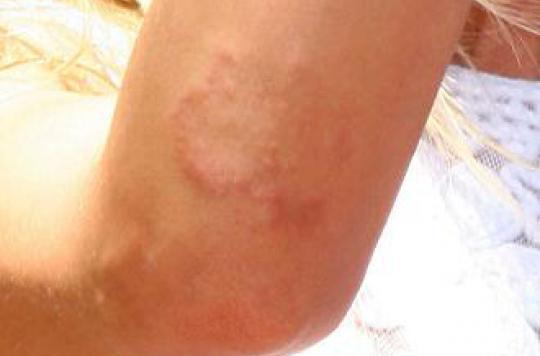
On the occasion of the 13th World Day of Psoriasis, the French patient association Psoriasis throw a new information and awareness campaign including Why actor is a partner (see box at the bottom of the article). the Psoriasis is an inflammatory skin disease that affects both men and women. And even if it affects around 2.5 million people in France, the pathology remains poorly known. This is, in fact, what emerges from the last opinion survey (1) on the perception of psoriasis speak French.
Misconceptions that are tough
First of all, it shows that more than 9 in 10 French people say they know what psoriasis is or have already heard of it. Good news ? Not so much, because false beliefs persist about the disease, especially its psychological origin (38%), its possible cure (47%) and its lack of genetic origin (43%). There is also the idea that psoriasis is contagious (12%) and linked to a hygiene problem (6%).
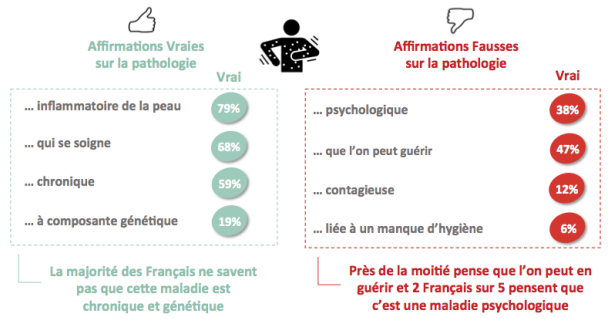
Asked by the association, Dr Emmanuel Mahé, head of the Dermatology department at Argenteuil hospital (Val-d’Oise), re-established the truth: “Non-contagious, psoriasis is underpinned by a component genetic and immunological which, under the influence of environmental factors, contributes to the onset of the disease ”.
Concretely, this phenomenon, evolving by outbreaks, results in red patches covered with whitish films called scales. These plaques can appear in different places on the body, most often on the elbows, knees and scalp.
More than 4 in 10 French people keep their distance
Very visible signs which make that nearly 30% of the French would refuse to kiss a person suffering from psoriasis, against 26% in 2013. They are even 27%, in 2016, to declare that they would try to avoid everything physical contact with a person suffering from psoriasis, against 25% in 2013. The previous information campaigns would therefore not have produced their effects …
These avoidance behaviors are even more marked in those unfamiliar with the disease. Thus, 50% of French people who declare that psoriasis is a contagious disease (misconception) would try to avoid any physical contact with a psoriatic person. This figure even rises to 64% of French people who said that psoriasis is linked to poor hygiene.
A sentimental life impacted
To avoid having to bother with too much explanation, many patients simply prefer to hide their illness. This in their professional but also personal life. It must be said that many of them fear transparency on the subject. Nearly half of French people believe that their relationship would have been negatively impacted from the early stages of it, if they themselves or their spouse suffered from psoriasis.
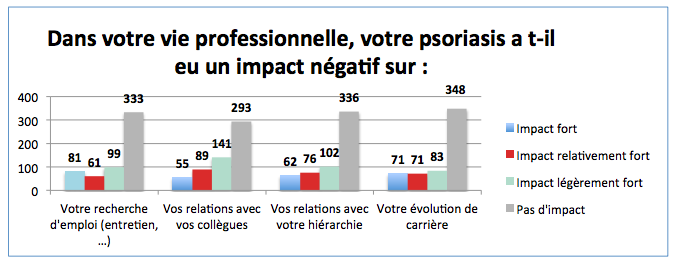
This stigma reaches its peak when nearly 40% of them question the fact of considering a life together and for 35% of the French, the psoriasis would have had an impact on considering having children.
“Psoriasis: badly known, badly experienced”
On the occasion of World Psoriasis Day 2016, the France Psoriasis association launched a national awareness campaign entitled “Psoriasis: badly known, badly experienced” of which Why actor is a partner. She recalls that one in twenty people suffers from psoriasis. This campaign will be available in several forms, in particular through a poster. The association, which acts mainly thanks to the generosity of donors, has also produced a micro-sidewalk video, in which young and old were interviewed. The result shows the ignorance of the French towards psoriasis, since many people cannot even pronounce the word.
In addition, the association recalls that there is a serious game intended for children aged 6 to 11 with psoriasis (“Theo and the Psorianautes”), declined in tale this year. Finally, “Psolidaires”: the social network dedicated to people affected by psoriasis has exceeded 1000 registered, she welcomes.
(1) Survey conducted by the OpinionWay institute on July 20 and 21, 2016 with a representative national sample of 1,054 individuals aged 18 and over
.









